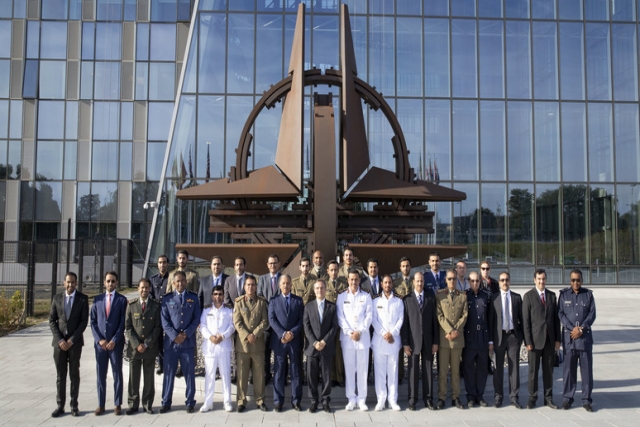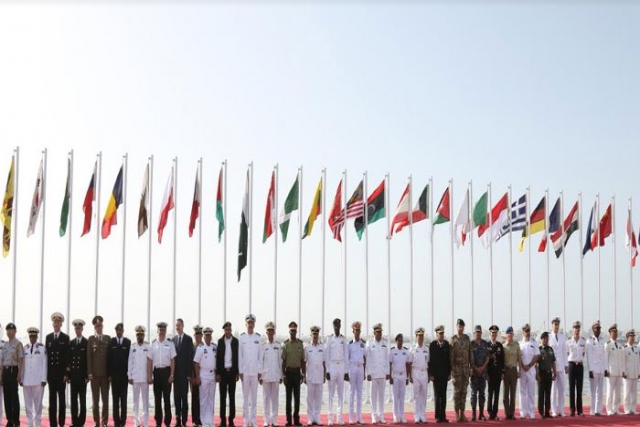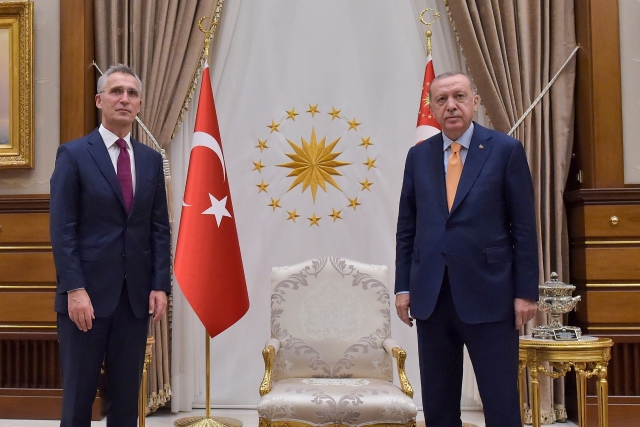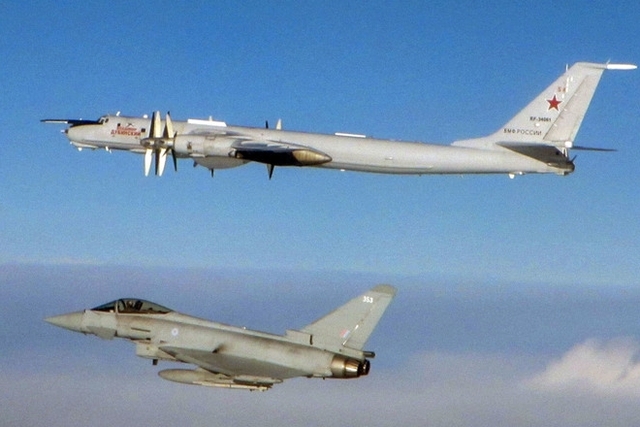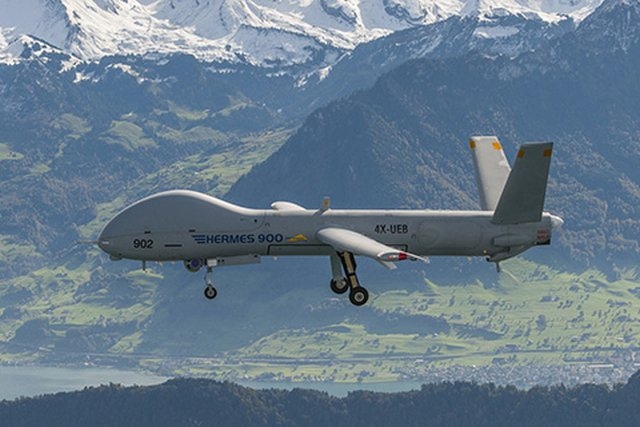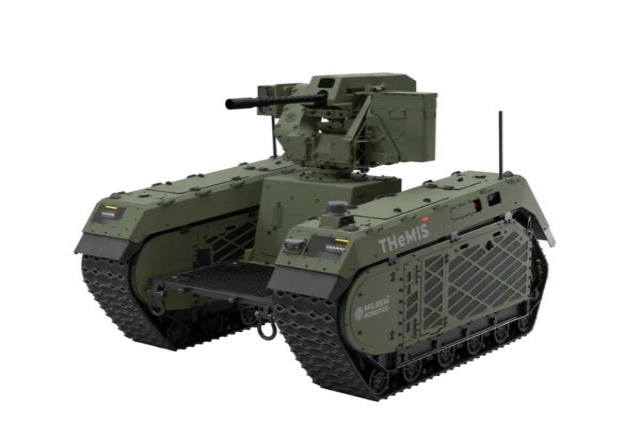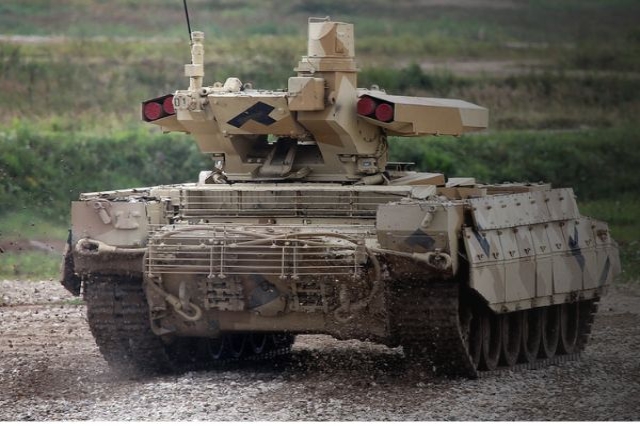NATO Proposes Defense Innovation Initiative to Promote Interoperability
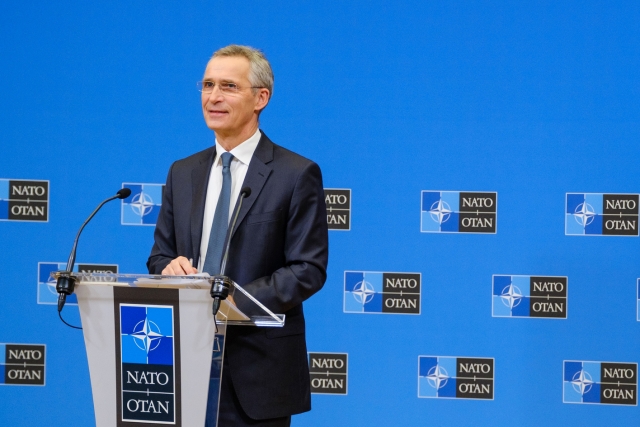
NATO Secretary General, Jens Stoltenberg has proposed a Defense Innovation Initiative to promote interoperability and boost transatlantic cooperation on defense innovation.
"There is a real danger that more advanced nations could develop capabilities that won't communicate with capabilities of lesser advanced NATO nations," he spoke during a virtual press conference in advance of the virtual Defense Ministerial starting Wednesday.
The defense ministers will discuss Stoltenberg's NATO 2030 proposals and ongoing operations in Iraq and Afghanistan.
The secretary general wants to see an increase in alliance funding for the core deterrence and defense activities. "This would support allied deployments in our battle groups in the eastern part of our alliance, air policing, maritime deployments and exercises," he said.
The ministers will discuss issues that will be presented at the NATO Summit that will be held later this year in Brussels. "Our summit later this year will be a unique opportunity to start a new chapter for transatlantic relations," Stoltenberg said from Brussels. "When we meet, I want to present leaders an ambitious agenda for transatlantic security and defense."
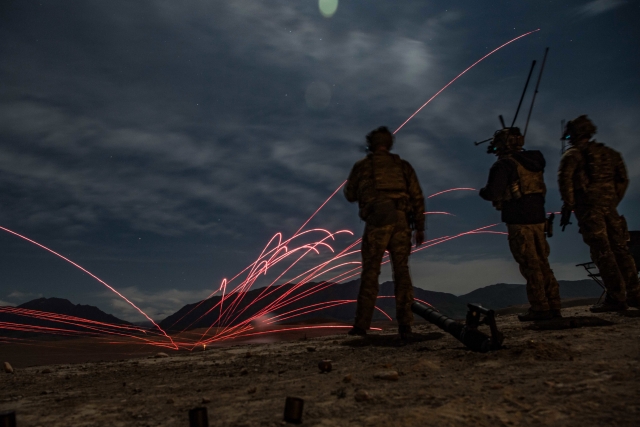
The secretary general wants to see an increase in alliance funding for the core deterrence and defense activities. "This would support allied deployments in our battle groups in the eastern part of our alliance, air policing, maritime deployments and exercises," he said.
This would have the effect of strengthening the alliance and contribute to fairer burden-sharing, he said.
"China and Russia are at the forefront of an authoritarian pushback against the rules-based international order," he said. "So we should enhance our political dialogue and practical cooperation with like-minded partners to promote our values and protect our interests."
A part of this proposal is to strengthen training and capacity building with European partner countries, "because prevention is better than intervention," he said.
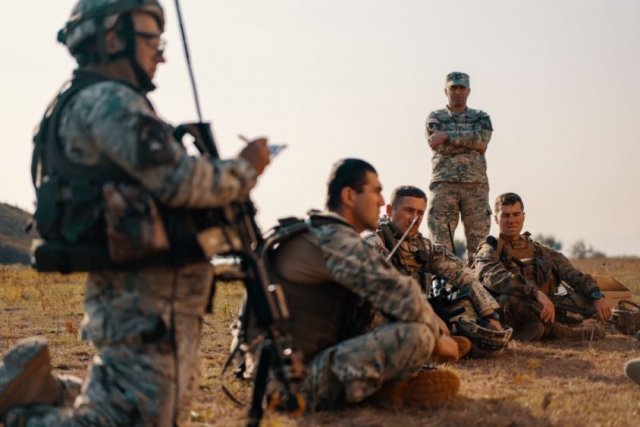
Afghanistan is a contentious issue that the defense ministers will contend with. Under the U.S. agreement with the Taliban, all foreign troops are supposed to be out of the country by May 1. "I will not preempt the conclusions of the ministerial meeting this week, but what I can say is that we need to find the right balance between making sure that we do not stay longer than necessary, but at the same time that we don't leave too early," Stoltenberg said. "We should not end up in a situation where Afghanistan again becomes a platform, a safe haven, for international terrorists, which is actually the reason why we went in there."
There are about 10,000 NATO troops – including 2,500 Americans – in Afghanistan today. The NATO force is performing a train, assist and advise mission.
A final issue the ministers will discuss is Iraq's request for more alliance help in training forces and building security capabilities.
The Defense Ministerial will end Thursday.
